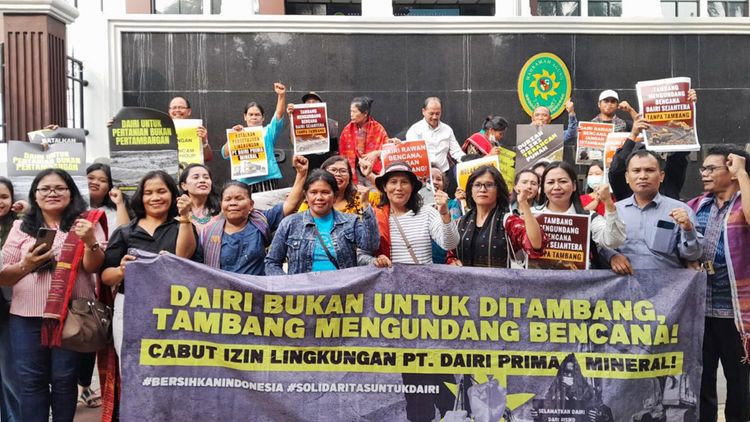Asia Undercovered Special Issue: COP25
As the world gathers for a critically important climate conference in Madrid, Spain, all eyes will be on Asia. It’s beyond climate – the decisions that countries like China, Japan, India, Indonesia, and others make will determine the future of not only global warming, but biodiversity, energy, and water.
In this special edition of Asia Undercovered, we share stories of development, environmental, and resource stories across Asia, all of which deserve more attention globally.
New to Asia Undercovered? Sign up for free here.
Development’s impact on local people
In Vietnam, cheap labor, resources and lack of oversight on waste management could harm future generations. Nguyen Dang Anh Thi writes about Vietnam’s failure to protect its people and environment – and what can be done better.
In India, the effects of mining for the 2008 Beijing Olympics are still evident. Now, another round of degradation is posing possibly an even larger threat. Arnab Pratim Dutta’s piece in Down to Earth looks at Goa’s lack of planning, as urbanization grows at a breakneck pace.
As China expands the damning of Asia’s major rivers for hydropower to meet renewable energy targets, it’s putting local people and ecosystems at risk. This piece looks at the dangerous bargain China is making with nature, shattering the lives of people in Tibet and millions more downstream (The Diplomat).
Kazakhstan has learned that secrecy is never good when it comes to matters that affect the public. Eugene Simonov looks at the recent public disclosure of a list of 55 Chinese development projects was disclosed, which is a start to holding the government accountable (The Third Pole).
The growing demand for endangered animals
Traditional medicine and trophy hunting: demand for prized animals is still driving illegal hunting and trafficking across the continent.
In Pakistan, a program once hailed as the best managed sports hunting programs in the world is showing signs of corruption. Shafqat Hussainuncovers disturbing details that show that twice as many ibex hunts are taking place over the approved quota. The solution – involve the local community.
Chinese demand for traditional medicine is still a key driver for smuggling of endangered animals. In Indonesia, an official crackdown on manta ray hunting faces resistance from the local community. Nabiha Shahab explores how local tradition and commercial opportunities intertwine to drive ongoing resistance.
Across Asia, the Pangolin is being trafficked for its scales. This piece in China Dialogue highlights the size of this thriving illegal market, likely to continue due to high demand in its key market, China.
Tipping points and unneeded projects
Preeti Jha writes about a tipping point in Southeast Asia – the only region in the world where coal generated power grew last year. New coal plants are being funded and “clean coal” propaganda is being spread – but anti-coal sentiment has been rising across the region too. It’s a battle to watch.
Meanwhile, Japan, despite limited resources and shaky financials, is driving coal growth across Asia. This piece in The Diplomat looks at why a country with traditional environmental values and major natural disaster should take a stand and lead environmental efforts regionally, especially as the 2020 Olympics approach.
On a positive note: Asia’s environment heroes
Across the world, more and more young people are standing up to the climate crisis. In Thailand, 12-year old Ralyn ‘Lilly’ Satidtanasarn is drawing attention to the alarming plastic waste problem in the country, and helping the capital Bangkok reduce plastic offered in a major supermarket, an important milestone (Global Voices).

Asia Undercovered: Journalist Nithin Coca's weekly roundup of the news, events, trends and people changing Asia, but not getting enough attention in the US media.





Member discussion